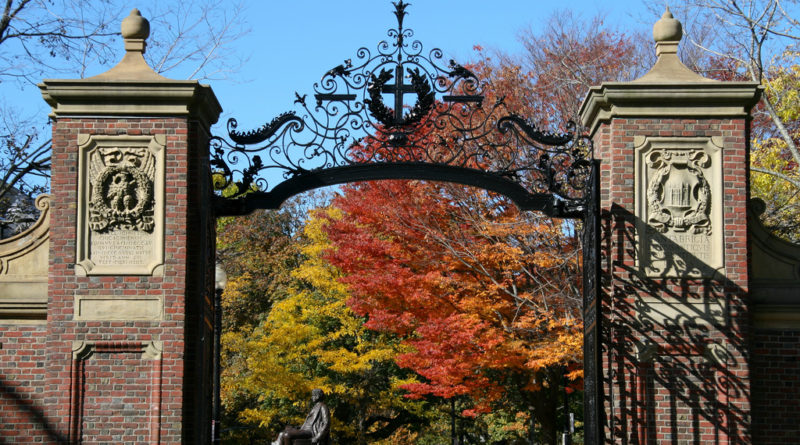Harvard Hosts 3-Day Prison Education Conference
By Rachel Leber
CAMBRIDGE, Mass. — Thanks to the relationships that Harvard has fostered with correctional facilities over the years, formerly incarcerated students and activists gathered this week on the Harvard University campus to discuss prison education. These discussions and more took place during the three-day conference called, “Beyond The Gates: The Past and Future of Prison Education at Harvard,” on March 5, 6 and 7.
The overall goals of the conference were to formalize efforts to reintroduce and sustain integrated classrooms in local prisons as part of a curriculum for college credit — an important factor in reducing mass incarceration, according to Kaia Stern, co-founder of the Harvard Prison Studies Project in a recent article from the Harvard Gazette.
Stern has been working since 2008 to bring students from Harvard into the Norfolk and Framingham correctional facilities to learn alongside students from Boston University’s Prison Education Program. Stern also co-founded the Prison Studies Project around the same time with Bruce Western, a former Harvard professor of sociology.
The conference began on March 5, with an event chaired by Stern, in conjunction with Danielle Allen, professor at the James Bryant Conant University and director of the Edmond J. Safra Center for Ethics, as well as Michelle Jones of New York University and the Indiana Women’s Prison Higher Education Program. On Tuesday, March 6, a documentary titled “The Past and Future of Prison Education at Harvard,” which traces the university’s connections to prison education, premiered for free at 6 p.m. in Sanders Theatre.
The three-day conference is co-sponsored by the Mahindra Humanities Center’s Mellon Seminar on Violence and Non-Violence and the Hutchins Center for African & African American Studies, and began with a recorded debate between the Norfolk Prison Debating Society and the Harvard College Debating Union.
Harvard’s involvement with prisons dates back to 1833, when Divinity School students tutored inmates at Charlestown State Prison in Boston. In addition, the Norfolk Prison was designed to look like a college campus in order to foster a sense of community — accomplished by a Harvard alumnus named Howard Belding Gill in 1913. The Harvard Organization for Prison Education and Reform (HOPE) — founded in the 1950s — tutors men, women and juveniles at minimum- and medium-security facilities every week, and awards scholarships for college and post-college degree classes.

